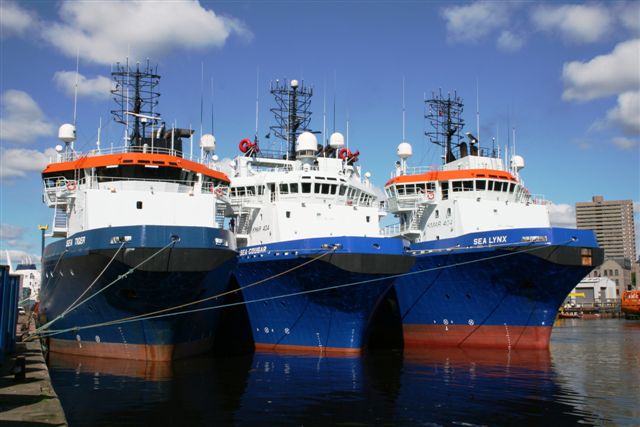Marine Harvest and Deep Sea Supply PLC have entered into a Heads of Agreement to establish a 50/50 owned aquaculture shipping joint venture (the "JV") that is to build, own and operate aquaculture vessels.
Marine Harvest and Deep Sea Supply believe there is significant room for efficiency improvements across the value chain in aquaculture shipping, ranging from reduction in newbuilding cost to more cost-efficient operations.

Image courtesy: Deep Sea Supply PLC
Accordingly, Marine Harvest aims to significantly reduce costs related to vessel services through establishing the JV. Over the past few years aquaculture vessels have increasingly become an integrated part of the value chain.
Marine Harvest charters today 44 vessels with a combined cost of approximately EUR 100 million per year, making Marine Harvest the industry's largest charterer of such vessels. The JV expects to enter into contracts for the construction of aquaculture vessels which will be chartered by Marine Harvest upon delivery.
Current discussions indicate a substantial reduction in newbuilding cost compared to solutions provided by alternative aquaculture providers. The JV entity will be Marine Harvest's preferred provider of aquaculture vessels. The intention of the JV is to also compete for external contracts.
Deep Sea Supply is a leading owner and operator of supply vessels and has a proven track record of building and operating vessels in a cost efficient way. The JV will enter into management agreements with Deep Sea Supply covering all necessary management services for the JV, including technical management, ship management and other corporate services. Deep Sea Supply has the operational platform in place required by the JV to meet its strategy of safe and efficient operations of aquaculture vessels.
The aquaculture shipping industry is fragmented and characterised by lack of competition. Through the JV, Marine Harvest and Deep Sea Supply aim to consolidate the industry to achieve economies of scale. Marine Harvest seeks every opportunity to streamline production and reduce cost, and as such the JV is expected to yield operational efficiency gains and challenge the existing cost dynamics in the aquaculture shipping industry.
The JV will explore any opportunity that may improve building cost or operating cost, including taking advantage of the current imbalance in the offshore service vessel market through potentially convert surplus offshore vessels into aquaculture vessels if project economics are favourable.
Source: Deep Sea